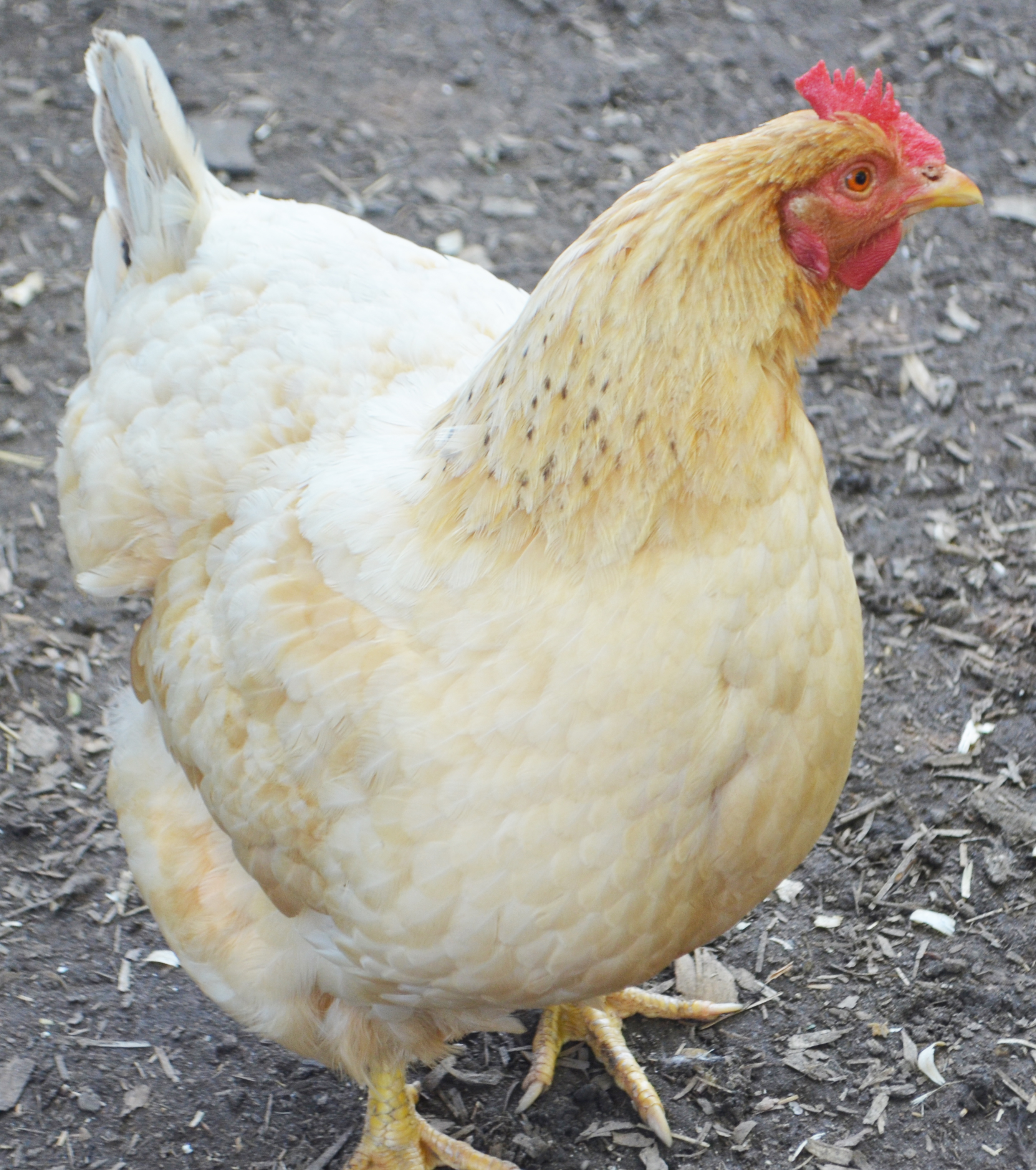The Division of Animal Health maintains disease control programs to protect the health and well-being of livestock in New Jersey. The Division tracks information about emerging diseases around the world that may impact the Garden State, conducts epidemiological investigations of livestock diseases, operates an animal health diagnostic laboratory, manages two contagious equine metritis quarantine facilities for imported horses and supports an aggressive livestock welfare program. In addition, the Division is also involved with animal emergency preparedness and response, especially during disasters that affect the health, safety and welfare of animals and their owners. Over-The-Counter Antibiotics Availability Changes for Livestock HPAI Online Permitting Click here for the Online HPAI Permitting Instructions Click here to see a list of 2022-24 confirmations of Highly Pathogenic Avian Influenza in commercial and backyard flocks in the U.S. Click here for a map of Avian Influenza cases in domestic poultry and wild birds that have been confirmed in North America. POULTRY IMPORT REQUIREMENTS For States with HPAI, click here for Permitting Procedures. Click here for the Pennsylvania HPAI address search map. WHERE DOES AVIAN INFLUENZA COME FROM? The New Jersey Department of Agriculture and USDA APHIS Veterinary Services conduct surveillance on commercial operations, on backyard and hobby flocks, in poultry auctions and in the live bird marketing system. The New Jersey Department of Agriculture has an emergency response plan in place for the rapid control and elimination of the virus during outbreaks of both LPAI and HPAI. The plan includes provisions for limiting the spread of the disease through increased biosecurity including limiting the traffic to and from the infected premises, increased surveillance in designated quarantine areas, rapid turn-around time for submitted samples and depopulation and disposal for infected birds. CLINICAL SIGNS OF AVIAN INFLUENZA WHERE TO REPORT SICK BIRDS OR UNEXPLAINED DEATHS For more information or to report sick or dead poultry contact: New Jersey Department of Agriculture, Division of Animal Health Report sick poultry or unexplained poultry deaths (online form) -OR- USDA APHIS Veterinary Services NJ Area Office Dead Wild Bird – What to do next Call: Click here for handling instructions for a dead wild bird. Highly Pathogenic Avian Influenza Letter for Veterinarians Highly Pathogenic Avian Influenza Letter to Poultry Owners Highly Pathogenic Avian Influenza Letter to Live Bird Markets Highly Pathogenic Avian Influenza Letter to Poultry Distributors Highly Pathogenic Avian Influenza Disease Alert Informational Flyer POULTRY GROWERS - PROTECT YOUR FLOCK WITH GOOD BIOSECURITY Improving Biosecurity With Wildlife Management Practices For more information click here BOVINE INFLUENZAS A INFORMATIONAL RESOURCES USDA Influenza A Detections in Livestock USDA VS Recommendations for Influenza A Virus in Livestock National Milk Producers Federation Influenza A updates Dairy Biosecurity Recommendations for HPAI HPAI FAQs Concerning Dairy Herds USDA VS Recommendations for HPAI in Livestock for Workers Biosecurity Practices to Protect Your Poultry Clean and Disinfect Equipment and Vehicles Proper Cleaning Procedures Before and After Handling Birds Establish Perimeters and Boundaries Don’t Borrow Disease from Your Neighbor
The FDA has announced changes in the availability of certain antibiotics for livestock. Click here to read more.
Avian Influenza "Bird Flu"
The NJDA now has an online process for HPAI permits.
Click here for the HPAI Permit Request Form
Click here for Livestock and Poultry Import Requirements.
Avian influenza is a viral disease of poultry that can be of low pathogenicity (LPAI), causing mild disease with or without clinical signs, or of high pathogenicity (HPAI), causing severe disease and significant death loss. Wild birds, especially migratory waterfowl (ducks and geese) are passive carriers of the flu virus, meaning they can pass the disease along without becoming seriously ill. Avian Influenza viruses can enter the body by inhalation, ingestion or through other mucous membranes such as the conjunctiva. Feces, saliva and respiratory secretions from infected birds contain large amounts of the virus. Once introduced into a flock, the virus can spread within hours.
LPAI in chickens and turkeys resembles any other mild respiratory disease. With HPAI, birds may die suddenly without any signs of disease. Signs of HPAI may include:
All poultry owners, whether commercial producers or backyard enthusiasts, need to report sick or unexplained bird deaths to State/Federal officials immediately. For small flocks, this can include deaths of one bird per day for two days in a row.
609-671-6400 or state.veterinarian@ag.nj.gov
609-259-5260 or toll-free at 1-866-536-7593
Avian influenza spreads from bird to bird, from manure, contaminated vehicles, equipment, egg flats and poultry transport crates. The virus can be transported through bird droppings on clothes or boots into poultry houses and bird pens. Help protect your birds by following these practices:
Preventing Access to Barns and Other Facilities
ADDITIONAL RESOURCES
Considerations for Hauling Manure From States That Have A Confirmed Case of Highly Pathogenic Avian Influenza
Avian Influenza
USDA Response Plan - The Red Book
VIDEO LINKS
All these, and more, can be found at the Defend the Flock Resource Center
| Regulatory Information | ||
Animal Quarantine and Embargo - N.J.A.C. 2:5
Avian Influenza Regulations - N.J.A.C. 2:9
Biological Products for Diagnostic or Therapeutic Purposes - N.J.A.C. 2:6
Disease Control Program/Reportable Disease List - N.J.A.C. 2:2
Dog and Cat Import - N.J.A.C. 8:23
Domestic Livestock Humane Investigation Complaint Form
Humane Treatment of Domestic Livestock - N.J.A.C. - 2:8
Interstate Livestock Movement Requirements
Laboratory Services - N.J.A.C. - 2:10
List of State Health Officials
Livestock and Poultry Import - N.J.A.C. 2:3
2024 NJ Fair and Show Animal Health Letter
Rabbit Hemorrhagic Disease Information
| Poultry Information | ||
Certified Pollorum Testing Class
Live Bird Marketing System (LBMS)
National Poultry Improvement Plan (NPIP)
Preventing Human Salmonella Infections linked to Contact with Live Poultry
Requirements for poultry at shows and fairs
| Programs and Services | ||
Asian Longhorned Tick Information
NJCHAP - NJ Cattle Health Assurance Program
NJSAGHAP - NJ Sheep and GOAT Health Assurance Program
| Swine Health Information | ||
Literature Review on Non-animal Origin Feed Ingredients
USDA APHIS Swine Disease Information




